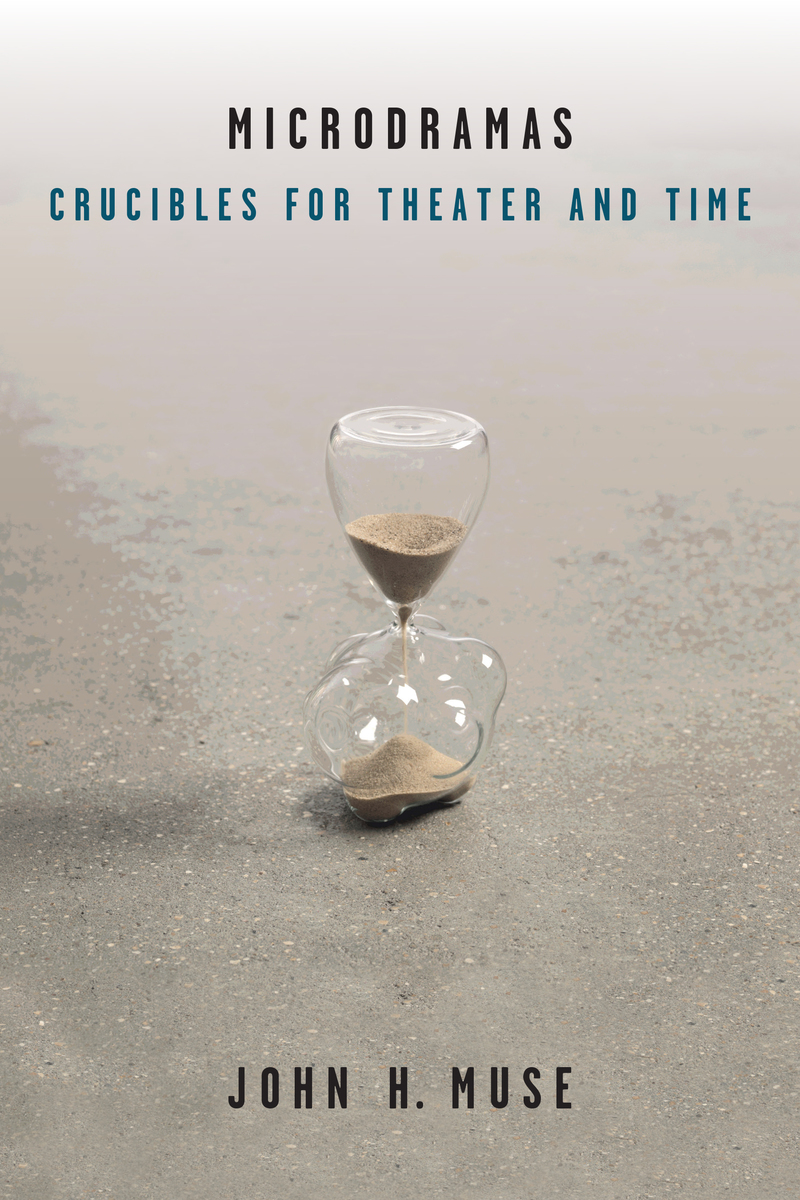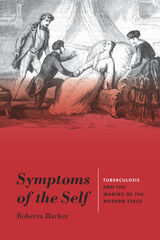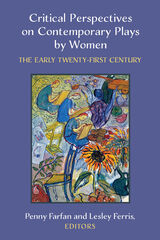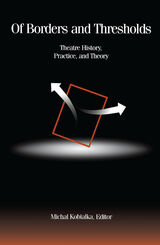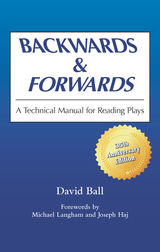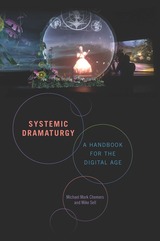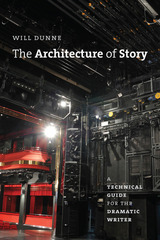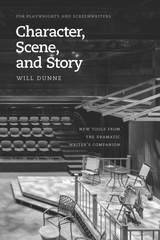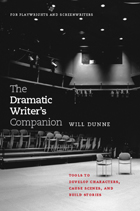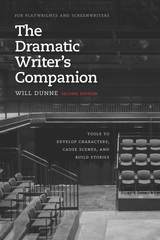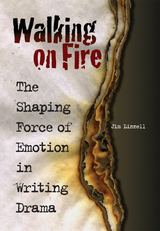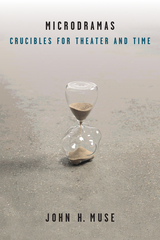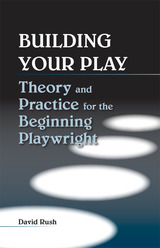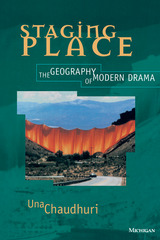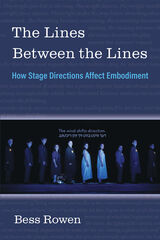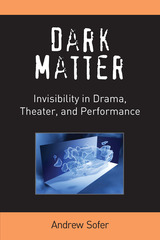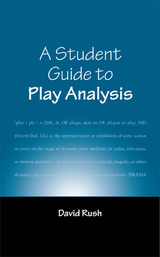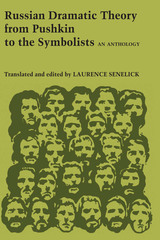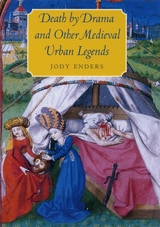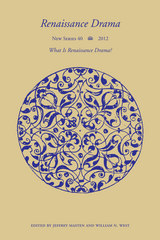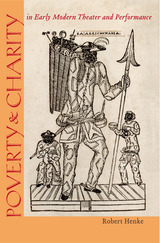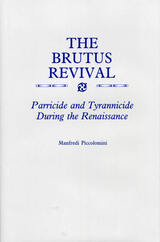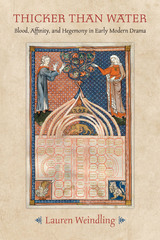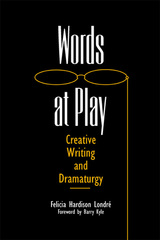Microdramas: Crucibles for Theater and Time
University of Michigan Press, 2017
Paper: 978-0-472-05363-6 | Cloth: 978-0-472-07363-4 | eISBN: 978-0-472-12314-8
Library of Congress Classification PN1661.M87 2017
Dewey Decimal Classification 808.241
Paper: 978-0-472-05363-6 | Cloth: 978-0-472-07363-4 | eISBN: 978-0-472-12314-8
Library of Congress Classification PN1661.M87 2017
Dewey Decimal Classification 808.241
ABOUT THIS BOOK | AUTHOR BIOGRAPHY | REVIEWS | TOC | REQUEST ACCESSIBLE FILE
ABOUT THIS BOOK
In Microdramas, John H. Muse argues that plays shorter than twenty minutes deserve sustained attention, and that brevity should be considered a distinct mode of theatrical practice. Focusing on artists for whom brevity became both a structural principle and a tool to investigate theater itself (August Strindberg, Maurice Maeterlinck, F. T. Marinetti, Samuel Beckett, Suzan-Lori Parks, and Caryl Churchill), the book explores four episodes in the history of very short theater, all characterized by the self-conscious embrace of brevity. The story moves from the birth of the modernist microdrama in French little theaters in the 1880s, to the explicit worship of speed in Italian Futurist synthetic theater, to Samuel Beckett’s often-misunderstood short plays, and finally to a range of contemporary playwrights whose long compilations of shorts offer a new take on momentary theater.
Subjecting short plays to extended scrutiny upends assumptions about brief or minimal art, and about theatrical experience. The book shows that short performances often demand greater attention from audiences than plays that unfold more predictably. Microdramas put pressure on preconceptions about which aspects of theater might be fundamental and about what might qualify as an event. In the process, they suggest answers to crucial questions about time, spectatorship, and significance.
Subjecting short plays to extended scrutiny upends assumptions about brief or minimal art, and about theatrical experience. The book shows that short performances often demand greater attention from audiences than plays that unfold more predictably. Microdramas put pressure on preconceptions about which aspects of theater might be fundamental and about what might qualify as an event. In the process, they suggest answers to crucial questions about time, spectatorship, and significance.
See other books on: Drama | Production and direction | Technique | Theater | Time
See other titles from University of Michigan Press
